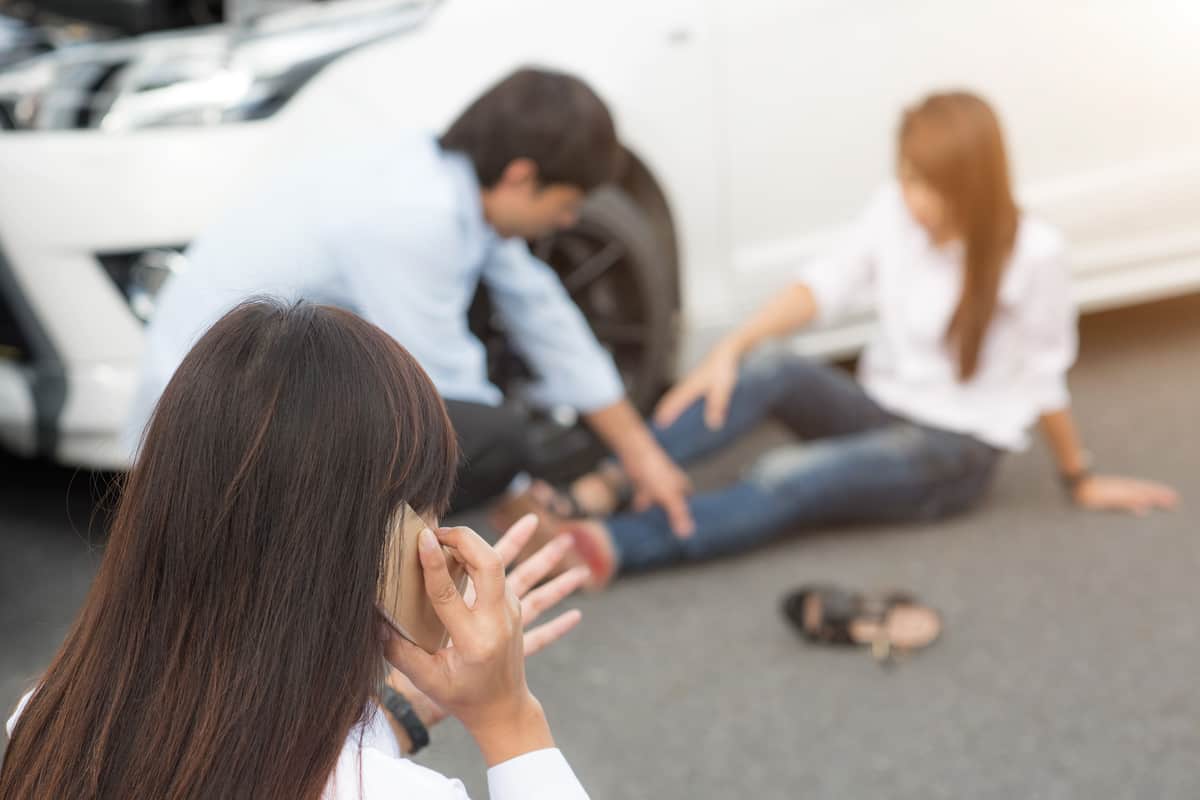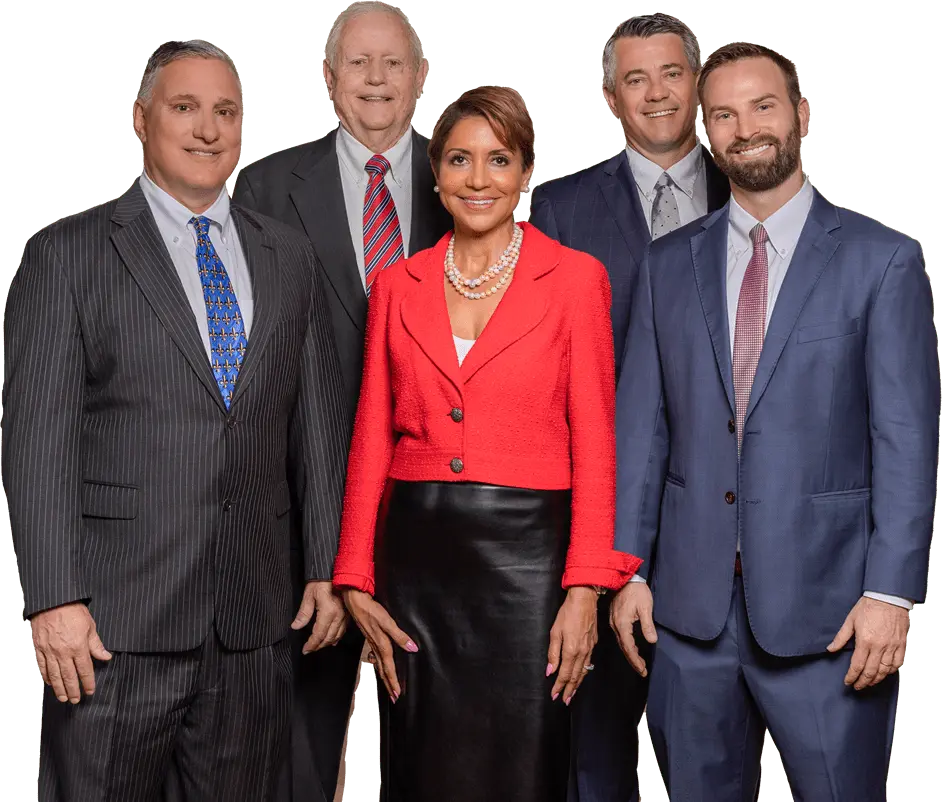
Partner at Charbonnet Law Firm LLC
Practice Areas: Car Accident, Slip-and-Fall, Work-related Injury

Every person injured in a car accident is entitled to recovery for their injuries if the accident was caused by someone else’s negligence — including passengers. Recovery by an injured passenger can be complicated, especially if they were a passenger in the vehicle of the responsible driver. The victim needs to establish that the driver acted negligently and prepare a comprehensive damages demand in order to secure recovery from the driver or their insurance company. Read on to understand the rights of injured passengers and important considerations for recovery.
A passenger faces the same level of risk of injury in a motor vehicle accident as the driver. The resulting injuries after an accident will depend on several factors including where the impact occurs, whether a passenger is wearing a seatbelt, and what safety features are available in the vehicle. Studies have found that front seat passengers run the highest risk of death in an accident, while rear seat passengers are more likely to suffer from a traumatic brain injury. All passengers are more likely to suffer an abdominal injury than drivers.
Children are at an increased risk of injury or death with one out of every four unintentional child deaths caused by a car accident. Approximately 150 children are treated for motor vehicle crash injuries in emergency rooms every hour in the United States. The increased risk is primarily due to improper restraint use.
These statistics clearly demonstrate that passengers run an equal — and in some demographics greater — risk of injury in a car accident. It is important for passengers to advocate for recovery for their injuries.
If a party’s intentional or negligent act caused the accident, they are responsible for your injuries. This includes:
Your lawyer will work with you to analyze the facts of the accident to determine who is responsible for your injuries. It is also necessary to compile evidence to support your claim of negligence. One important piece of evidence is a police report which will document the scene of the accident, collect witness information, and record any citations issued to any driver. As a passenger, do not leave the decision to secure a police report up to the drivers. If they are worried they acted negligently, they might be hesitant to secure a police report. A police report is important to your recovery, so be sure to insist on a police report.
Your attorney will also help facilitate the required communication and paperwork with the negligent party’s insurance company. This includes filing a third-party injury claim and understanding the available insurance coverage. These conversations can be particularly complicated if you have a personal relationship with the responsible driver, but you deserve to recover for your injuries.
The negligent defendant is responsible for all the injuries you suffered as a result of the accident — even if you were riding in the vehicle of the negligent party. Preparing a comprehensive damages assessment is critical to your recovery. The value you will be used by the jury if your case proceeds to trial and will be a critical tool for assessing any settlement offer from the defendant or the insurance provider.
Be sure to evaluate the following damages:
Preparing the damages demand is a critical step in recovering for your injuries and will help you analyze settlement offers from the defendant and insurance company. Accepting a settlement offer will bring the matter to close more quickly and provides certain recovery. The downside to accepting a settlement offer is that the offer is typically much lower than the full cost of your injuries. Your attorney will help you analyze any settlement offer, taking into account the strength of your case and likelihood of success at trial.
In addition to assessing your damages, you will need to establish fault and compile supporting evidence. This can all seem overwhelming while trying to deal with your injuries and the changes to your life after the accident. A lawyer is a valuable partner in securing recovery for your injuries.
Charbonett Law Firm LLC has a long history of successfully securing recovery for our personal injury clients. We take pride in providing our clients with personalized legal services, focusing on the individual needs of each client. The firm has a track record of success and an excellent reputation in the community. If you or a loved one was injured as the passenger in a motor vehicle accident, contact our firm today at (504) 294-3825 or through our website to schedule a free consultation.

With over 50 years of legal experience serving families in the New Orleans area and surrounding Louisiana communities, our firm takes pride in providing clients with personalized legal services tailored to individual needs.